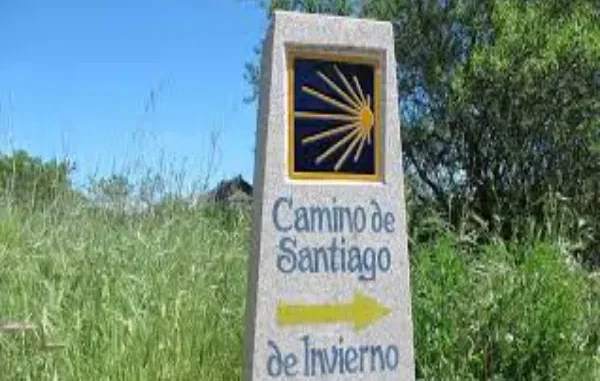
The Camino de Santiago is not a wilderness trail to be conquered. It’s not your solo trip up a mountain, but rather a communal, shared, social and sacred journey. The Camino network is far-reaching, and far from pretentious, but there are some considerations when undergoing a unique challenge around strangers.
The unspoken rules of the path
The ubiquitous greeting “Buen Camino”. Off the bat, this gets you a long way, and it functions as more than a pleasantry in fact. Without trying to overstate it, it’s a verbal handshake that acknowledges a shared intention that binds pilgrims together – a common lexicon. Put it this way, even during the French stretch of Camino Frances, it’s not uncommon to say this Spanish phrase.
It is the simple soundtrack to The Way. And it’s for this reason, broadcasting personal music is a breach of etiquette. It imposes on the auditory landscape, disrupting the natural sounds of the path, birds, and the internal contemplation many pilgrims seek. The journey is a shared sensory experience, and your playlist should not be part of it. Respect the silence.
Environmental etiquette
The guiding principle of all outdoor endeavours is, of course, to leave no trace. However, it turns out that many don’t understand fully what this means. For example, it’s important to not partake in the modern practice of building stone stacks, or cairns. It’s not just that it’s a form of environmental graffiti, but moving stones from their location on a trail contributes directly to soil erosion and the degradation of the landscape – the soil that has been walked for centuries.
Even worse, perhaps, is where this stone may have come from. It’s not uncommon to see ancient walls, perhaps Roman, around Spain, and it’s not uncommon for people to actually use these. Some of the other aspects of leave no trace are more obvious – don’t litter and try not to dump unwanted clothing items in your albergue, even if it’s not technically nature.
The albergue compact
Speaking of albergues, they are a core part of the Camino infrastructure, so unsurprisingly, they hinge on some social compact. Even during the short 111km leg from Sarria, you will be staying in six different albergues.
There is a rhythm of these hostels: lights are out early, and pilgrims rise before dawn. Your primary duty is to exist within this rhythm with minimal disturbance, and it requires foresight. Pack your rucksack the night before to avoid the loud rustle of gear and plastic bags in the morning dark. Use a headlamp, not the main light, if you want to navigate the dormitory after hours. Keep your gear contained to your bunk space. Clean up after yourself.
The pilgrim’s footprint
Many of us feel as though we understand social cues, but things can change in new environments. There are traditions and customs of being in France and Spain, for example, and we must adapt to what we see around us. Though we’re on a pilgrimage, we’re also guests. The goal is to make an impact on other pilgrims when they’re open to it, and to make as minimal an impact as possible on the environment.

Leave a Reply